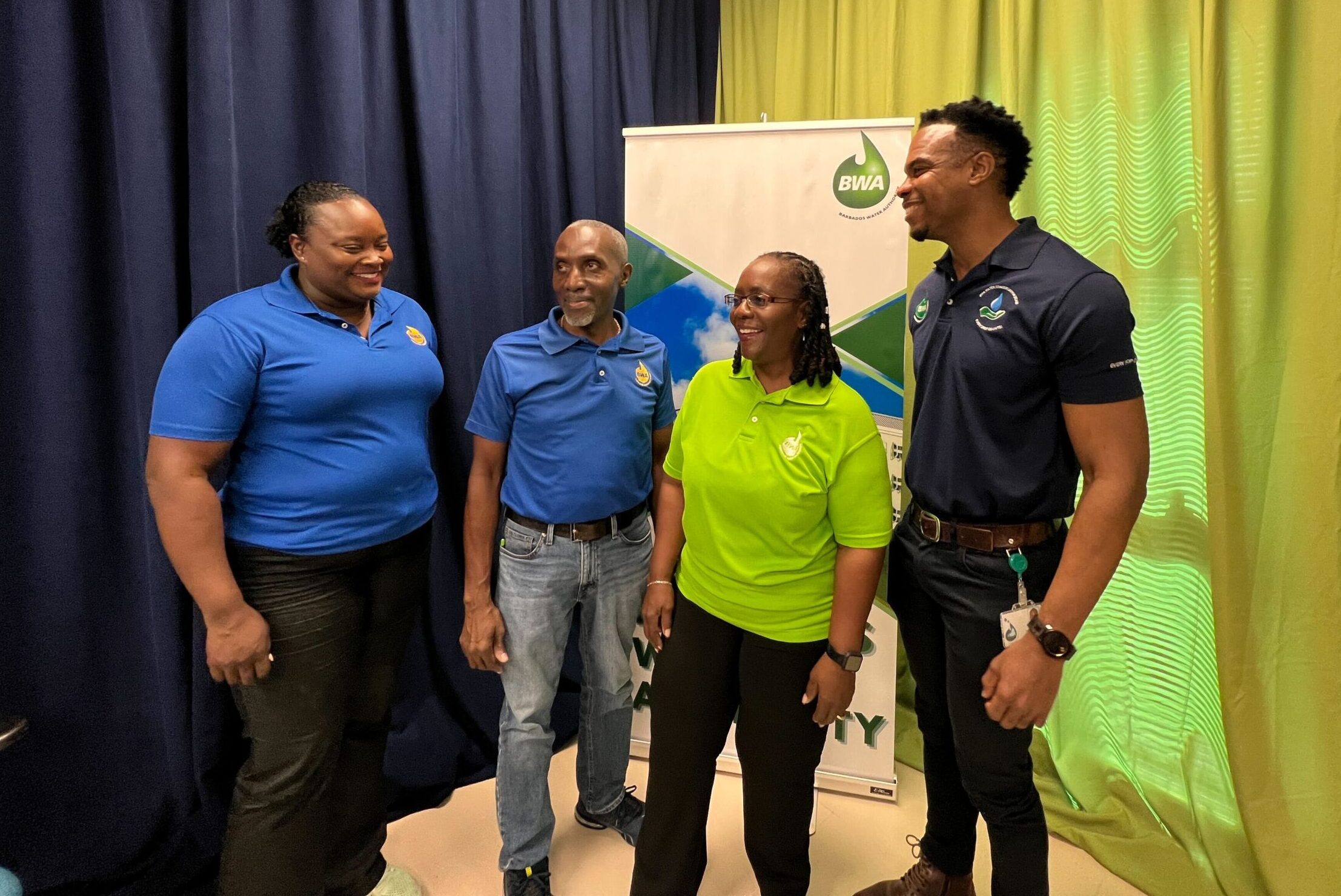The Barbados Water Authority (BWA) is intensifying its initiatives to bolster communication with partner utilities and expedite road reinstatements post-pipe repairs, according to Director of Engineering Charles Leslie. Speaking at a recent press conference, Leslie highlighted the development of specialized applications designed to streamline information sharing and coordination. ‘Over the past few months, we’ve collaborated closely with sister utilities and our ministry. We’ve implemented apps that enable us to pinpoint issues, document necessary actions, and ensure contractors are fully informed before commencing repairs,’ Leslie explained. These applications facilitate real-time data exchange with the National Petroleum Corporation and the Ministry of Public Works, ensuring seamless collaboration across agencies. Acting CEO Christopher Mapp addressed ongoing delays in road reinstatements, emphasizing a new strategy to mitigate the issue. ‘We’ve established a schedule of rates with contractors, assigning specific groups to handle temporary reinstatements. Once completed, the Ministry of Transport and Works engages contractors for permanent repairs,’ Mapp stated. This approach aims to minimize delays and reduce hazards associated with open roads. Hydrogeologist Jaime Paul provided insights into the BWA’s dye tracing project, which monitors underground water movement and identifies potential contaminants. ‘By injecting dye and deploying receptors at various locations, we can track water pathways and assess timeframes. This data is crucial for effective water resource management,’ Paul noted. The project also aids in detecting water loss through sinkholes, offering a clearer understanding of subterranean dynamics. Additionally, the BWA is upgrading its tanker fleet to address water shortages in high-demand areas. Leslie detailed the implementation of beacons on tankers to improve operational efficiency. ‘Beacons signal when tankers are deploying water and turn off during refills, allowing customers to anticipate service schedules,’ he explained. Customer feedback continues to play a pivotal role in optimizing water distribution, ensuring resources reach those in greatest need.
